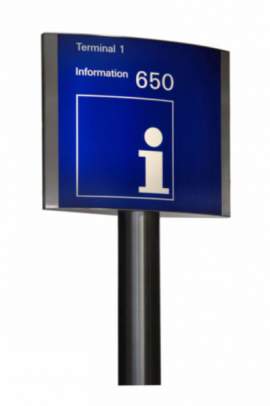
Drug Scheduling Role of the DEA

The DEA, or Drug Enforcement Administration, was formally established on July 1, 1973. The purpose behind the creation of the DEA was to provide for a Federal agency designed to enforce the Federal drug laws and coordinate the Government's drug control and regulation policies and actions. The DEA would also become one of the main agencies involved in the classification of drugs and controlled substances under the Control Substances Act along with the Food and Drug Administration. Both agencies would be involved in the research and studies involved in appropriately placing controlled substances in the Drug Scheduling system.
The Drug Enforcement Administration is also responsible for authorizing access to drugs and controlled substances found in all of the drug schedules to medical professionals, manufacturers, and researchers. Drug companies must be authorized and registered with the DEA to manufacture, distribute, and research controlled substances. Doctors and physicians are required to be registered if they plan on prescribing and dispensing any controlled substance that is categorized in the drug schedules.
On the law enforcement and legal aspect of the DEA, the agency is responsible for collecting, analyzing, and applying intelligence to all drug-related issues. In its perpetual war against drugs, the DEA plays a critical and integral role in providing the necessary intelligence to operations, investigations, prosecutions, and strategic planning to effectively curtail the trafficking, use, possession, and distribution of controlled substances and illegal drugs. The DEA is also responsible in providing crucial research and intelligence in order to provide for appropriate drug laws and policies, as well as proper classification of drugs and controlled substances.
Currently, the Drug Enforcement Administration is dealing with the shift in the abuse of controlled substances that have medical usage and are currently legal, as opposed to illicit drugs such as marijuana, heroin, and cocaine. Though the trafficking, selling, distributing, and usage of illegal drugs is still a primary focus, the Drug Enforcement Administration is now dealing with the abuse of controlled substances, particularly those with a background in medicine usage and its spreading abuse and addiction.
People are finding new ways and legal loopholes that allow the perfect avenue to come across Drug Enforcement Administration controlled substances such as hydrocodone, oxycodone, alprazolam, and methadone. Though all have approved and proper medical usage and applications, these types of substances are becoming predominantly abused and rates of usage and addiction are disproportionate to the amount of people that are legally prescribed the medicine and using it in the appropriate medical scope. This trend is one that has been proven to rise since the turn of the century, indicating that the medicines and substances are being used in other ways than intended.
Prescriptions of hydrocodone dispensed in 2000 were about 100 million, and by the end of 2008, the number had increased to about 140 million. The problem of abuse of legally allowed controlled substances has forced the DEA to implement a diversion control system. Diversion is the term used to describe the use of legally-manufactured controlled substances being used for any other reason then their intended purpose. The system is in place to appropriately control the implications involving controlled substance diversion, while still allowing for their intended medical purposes to make them available to those that legitimately use and need the drugs or substances for health issues.



















